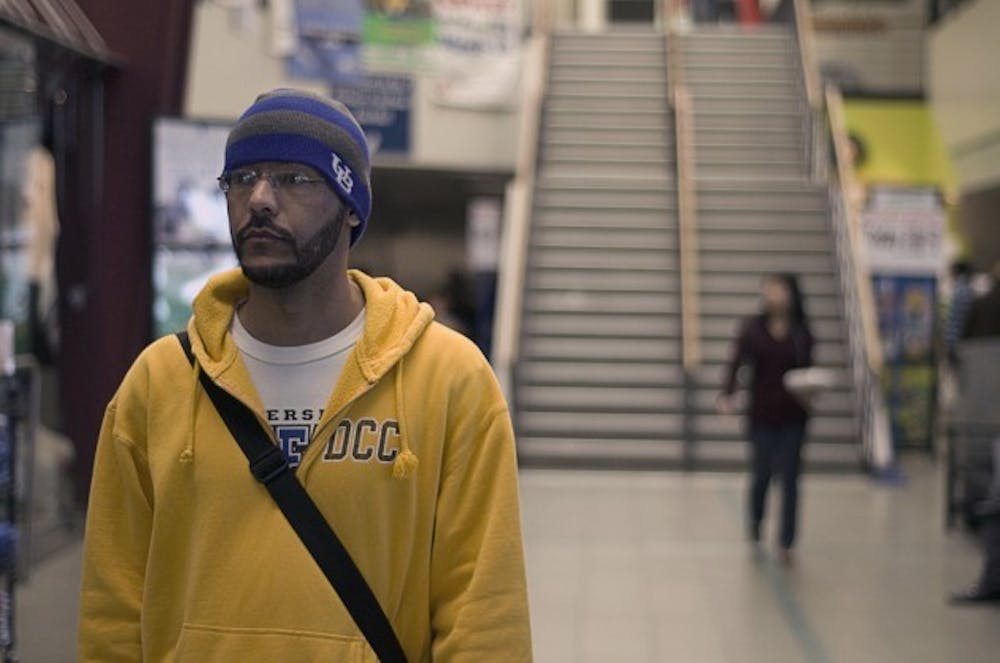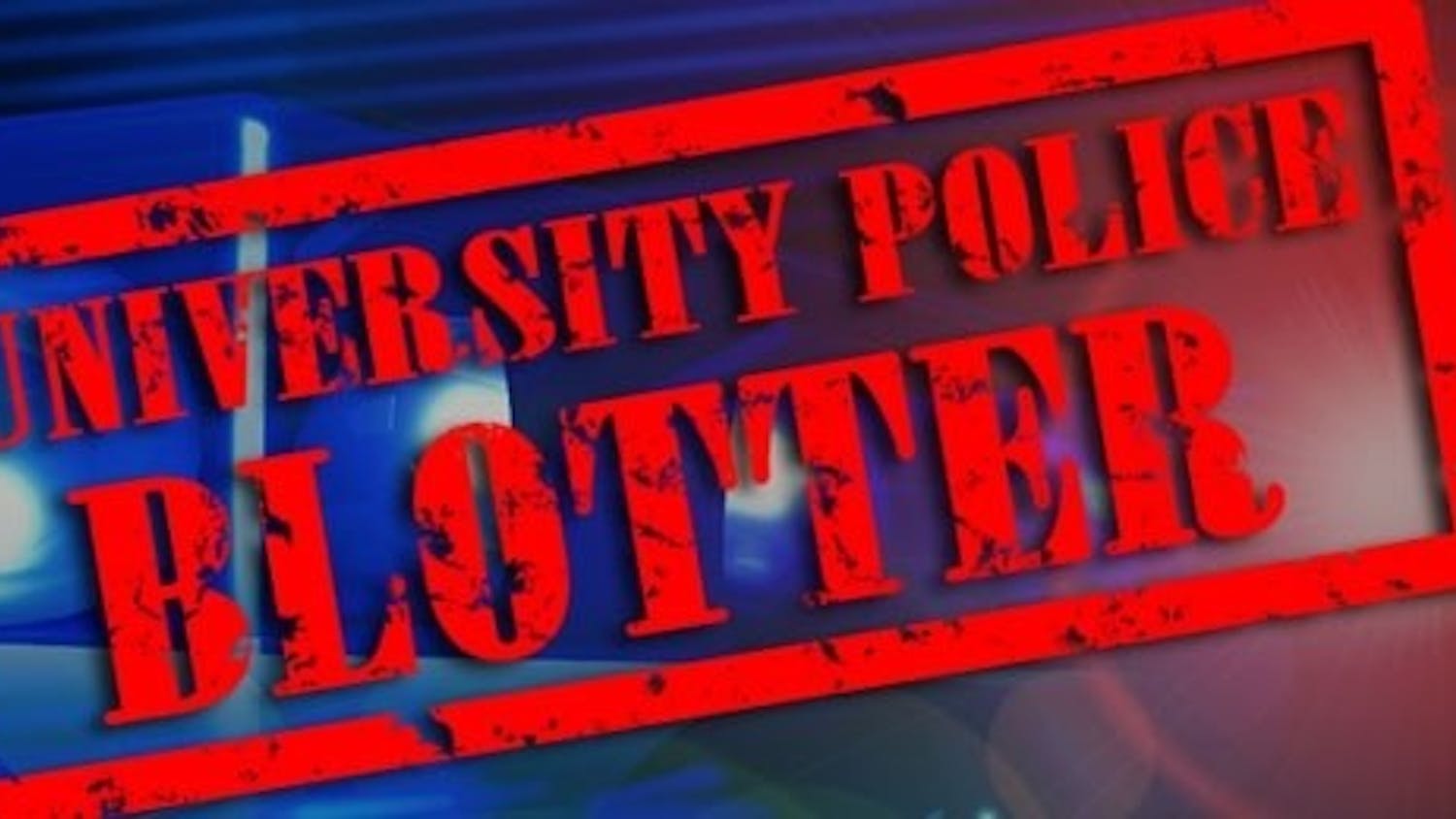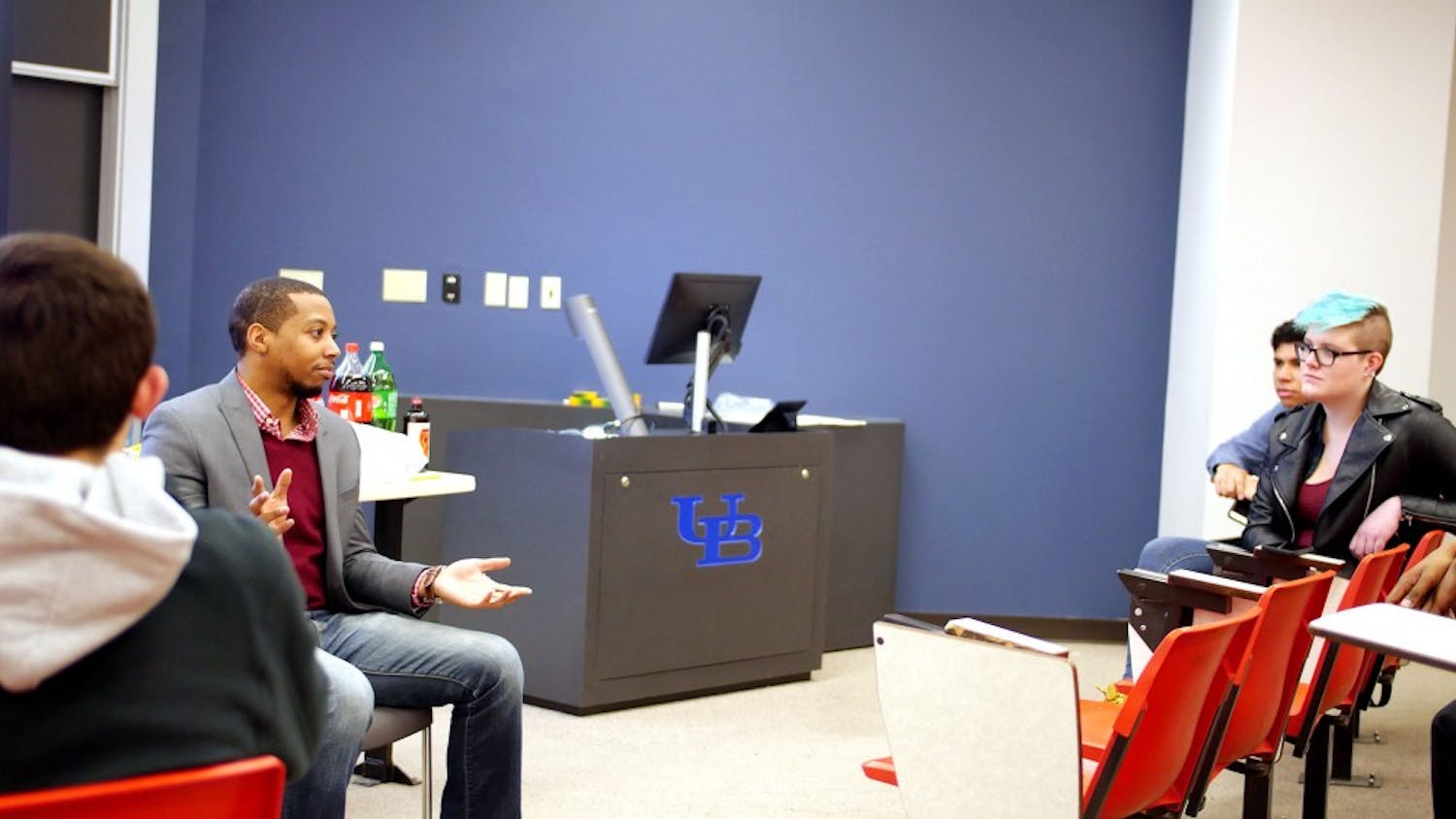Ivanlli Scolari, a junior history and sociology major and native of Puerto Rico, was blindsided and confused when he unintentionally stumbled upon the news that his identity would soon be invalid.
This past December, the Puerto Rican government passed a law stating that all birth certificates would be void and must be renewed as of July 1. With 40 percent of all identity frauds in the U.S. stemming from stolen birth certificates in Puerto Rico, the USA approached the commonwealth requesting that something be done.
This law will create more secure documents and prohibit third parties from keeping and hiding away birth certificates, so there will no longer be mass piles of birth certificates stolen for identity theft, according to Kenneth McClintock-Hernandez, Puerto Rico's secretary of state.
McClintock-Hernandez explained the main reasons why this law was so vital, especially for Puerto Rico.
"Number one, most of the undocumented people who are trying to seek documents of something that they are not happen to be Spanish people … almost all birth certificates in Puerto Rico have Spanish names," McClintock-Hernandez said. "Secondly, [all people] in Puerto Rico are automatically U.S. citizens, making these documents more valuable to those trying to cross borders."
In addition, McClintock-Hernandez states that the role of the birth certificate is very important in the day-to-day life of Puerto Ricans.
"There has been a tradition in Puerto Rico for at least half a century where people must produce a birth certificate to every school, summer camp, ballet class or little league team they enroll in throughout their lives. This puts at least 10 to 20 copies of every person's [birth certificate] out there, so you have tens of thousands of birth certificates that are misfiled and then you have many schools that are being broken into where the records are then taken away and sold on the black market for $5,000 to $10,000 each."
The problem that has become apparent throughout the beginning phases of this new law seem to be in the communication of it to the estimated 1.5 million people born in Puerto Rico and living on the mainland.
When the initial law was created in December, the first thing the Puerto Rican government did was give a press conference with many reporters. Unfortunately, the press that was expected to get the word out did not publicize the issue as thoroughly as the government had hoped, according to McClintock-Hernandez.
"I just randomly came across something on AOL saying something about birth certificates," Scolari said. "You know how many people are going to be affected? And people don't even know about it … especially here at UB. There are a lot of people from the Bronx that are from Puerto Rico that don't even know about it. [The Puerto Rican government] made a decision like that and nobody is aware of it? It's just stupid."
Even clubs at UB directed toward Latin Americans that have a number of Puerto Rican members in them, such as the Latin American Student Association, are unaware of the new regulations.
"I'm actually disappointed in not knowing," said Cesar Guerra, the publications director for LASA. "I think that this is a major move that is happening and to make this an easier process, I think we needed to have more time to better prepare. [Being uninformed until the last minute] puts people in a panic state where people start worrying about their identity being misfiled or stolen due to crimes that are happening in the black market."
McClintock-Hernandez claimed that starting April 1, an outreach program will begin to promote these changes more to the media to better inform and prevent chaos in July. He also confirmed that the law does not change the price or exempt people from paying the $5 charge of getting a new birth certificate, and that it will still take approximately one week to receive the certificate after submitting the request for one.
"I think that if [the Puerto Rican government is] doing this now, even without giving it enough time to tell us, if they're taking action over there to fix this problem or avoid any other problems from happening, then it should be done even if it causes inconvenience," Guerra said.
E-mail: news@ubspectrum.com
New law forces Puerto Rican citizens to renew birth certificates

More
Comments




